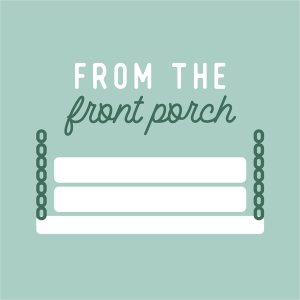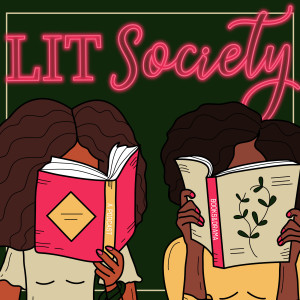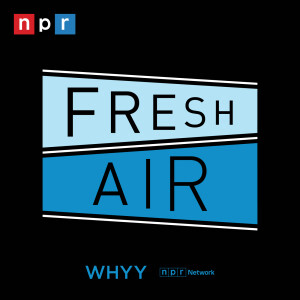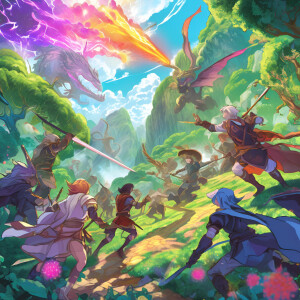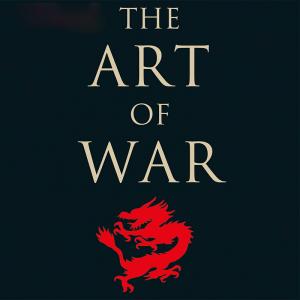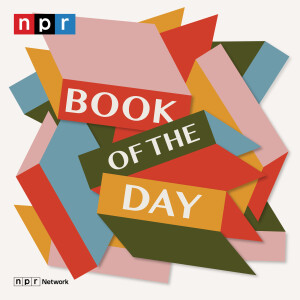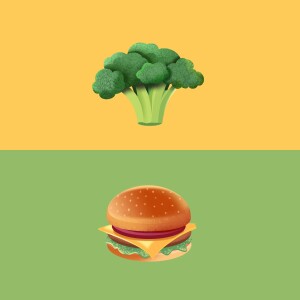

The Omnivore's Dilemma by Michael Pollan explores the complex and often confusing choices we face when it comes to our food. The book delves into the industrial food system, ethical and environmental implications, and offers alternative approaches to eating that promote sustainability and health.
The book is divided into three sections, each focusing on a different type of food: industrial, organic, and self-grown. In the first section, Pollan examines the industrial agriculture system that dominates the American food industry. He exposes the hidden costs and consequences of this system, including the use of genetically modified organisms (GMOs), pesticides, and unsustainable farming practices. He also critiques the centralized control of food production and the industrialization of animal farming.
In the second section, Pollan explores the organic food movement. He visits various organic farms and investigates the organic certification process. Pollan delves into the different types of organic farming and the ways in which organic food is produced and distributed. He also questions the authenticity of organic labeling and highlights the limitations and challenges of organic farming in a large-scale industrialized system.
In the third section, Pollan examines the alternative option of growing and producing one's own food. He learns about traditional hunting and gathering practices, visits hunting reserves, and even tries his hand at foraging. Pollan also investigates the benefits and challenges of sustainable farming, including the concept of "grass-fed" beef and the importance of biodiversity in agriculture.
Throughout the book, Pollan encourages readers to be more conscious and informed consumers. He emphasizes the importance of understanding where our food comes from, how it is produced, and the impact our choices have on our health, the environment, and society. The Omnivore's Dilemma ultimately challenges readers to consider the ethics, sustainability, and health implications of their food choices and advocates for a more mindful and sustainable food system.
Chapter 2:the meaning of The Omnivore's Dilemma"The Omnivore's Dilemma" by Michael Pollan is a non-fiction book that explores the complex and often confusing choices human beings face when it comes to food. In the book, Pollan examines the modern industrial food system and how it has disconnected us from the sources of our food. He delves into the origins and production methods of four different meals to highlight the various pathways by which food arrives on our plates: industrial, organic, and alternative.
The book aims to create awareness and encourage readers to question their food choices while considering the ethical, environmental, and health implications of their decisions. Pollan argues that by understanding the sources of our food and embracing a more conscientious approach to eating, we can make better choices that benefit not only ourselves but also the planet and animals. Overall, "The Omnivore's Dilemma" challenges readers to consider the consequences of their food choices and advocate for a more sustainable and responsible food system.
Chapter 3:The Omnivore's Dilemma chaptersPart One: Industrial/Corn
Chapter 1: The Plant: Pollan explores the process of corn cultivation and its omnipresence in the American diet.
Chapter 2: The Farm: Pollan visits a large-scale industrial farm in Iowa, discussing the environmental and ethical implications of such farming practices.
Chapter 3: The Elevator: Pollan follows the journey of a bushel of corn from the farm to a grain elevator, illustrating the industrialization and standardization of the food system.
Chapter 4: The Feedlot: Pollan visits a feedlot where cattle are raised on a corn-based diet, highlighting the health and environmental consequences of the industrialized meat industry.
Chapter 5: The Processing Plant: Pollan delves into the highly processed world of supermarket aisles and discusses the various uses of corn in the food industry.
Part Two: Pastoral/Grass
Chapter 6: The Slaughter: Pollan explores the ethical and practical aspects of killing animals for food, including his personal experiences participating in a pig slaughter.
Chapter 7: The Grass: Pollan visits a farm that raises grass-fed cattle and highlights the benefits of pasture-raised meat both for animals and the environment.
Chapter 8: The Forest: Pollan explores the world of foraging and hunting, discussing the ethics and sustainability of obtaining food directly from nature.
Chapter 9: The Omnivore's Dilemma: In this chapter, Pollan reflects on the choices and dilemmas faced by humans as omnivorous eaters and explores the historical and cultural aspects of food choices.
Part Three: Personal/The Third Plate
Chapter 10: The Plant: Pollan shares his experiences growing and harvesting his own food, emphasizing the importance of reconnecting with the sources of our food.
Chapter 11: The Farmer: Pollan visits and learns from a farmer who practices sustainable agriculture, highlighting the role of farmers in shaping the food system.
Chapter 12: The Cook: Pollan delves into the world of gourmet cooking, discussing the importance of flavor and diversity in our diets.
Chapter 13: The Meal: Pollan prepares a meal using ingredients that he has grown, hunted, or foraged himself, reflecting on the significance of a mindful and wholesome meal.
Part Four: Industrial/Organic - Big Organic
Chapter 14: The Market: Pollan explores the rise of the organic food industry and reflects on the challenges and contradictions within the movement.
Chapter 15: The Consumer: Pollan analyzes the choices and dilemmas faced by consumers in navigating the organic food market and emphasizes the importance of understanding the true meaning of "organic".
Chapter 16: The Meal: Pollan prepares a meal using organic ingredients, reflecting on the bigger picture of the food system and the implications of our food choices.
Epilogue: Afterword: Pollan concludes the book by reflecting on the future of the American food system and the need for a more sustainable and ethical approach to food production and consumption.
Chapter 4: Quotes of The Omnivore's Dilemma- "Eat food. Not too much. Mostly plants."
- "The single greatest lesson the garden teaches is that our relationship to the planet need not be zero-sum, and that as long as the sun still shines and people still can plan and plant, think and do, we can, if we bother to try, find ways to provide for ourselves without diminishing the world."
- "If you have never been thrilled to the very edges of your soul by a flower in spring bloom, maybe your soul has never been in bloom."
- "The garden suggests there might be a place where we can meet nature halfway."
- "That's the trouble with eating in America: We are practically invited to do it, but if you eat too much of our food, you become a statistic--fat or dead."
- "Today, the industrial food chain is arguably the biggest polluter on the planet, and the one that literally gobbles up the most fossil fuel."
- "We pay the doctor to make us better when we should really be paying the farmer to keep us healthy."
- "The garden is the smallest parcel of the world and then it is the totality of the world."
- "The family meal is the nursery of democracy."
- "The shared meal elevates eating from a mechanical process of fueling the body to a ritual of family and community, from the mere animal biology to an act of culture."
More Episodes
All Episodes>>Create Your Podcast In Minutes
- Full-featured podcast site
- Unlimited storage and bandwidth
- Comprehensive podcast stats
- Distribute to Apple Podcasts, Spotify, and more
- Make money with your podcast
